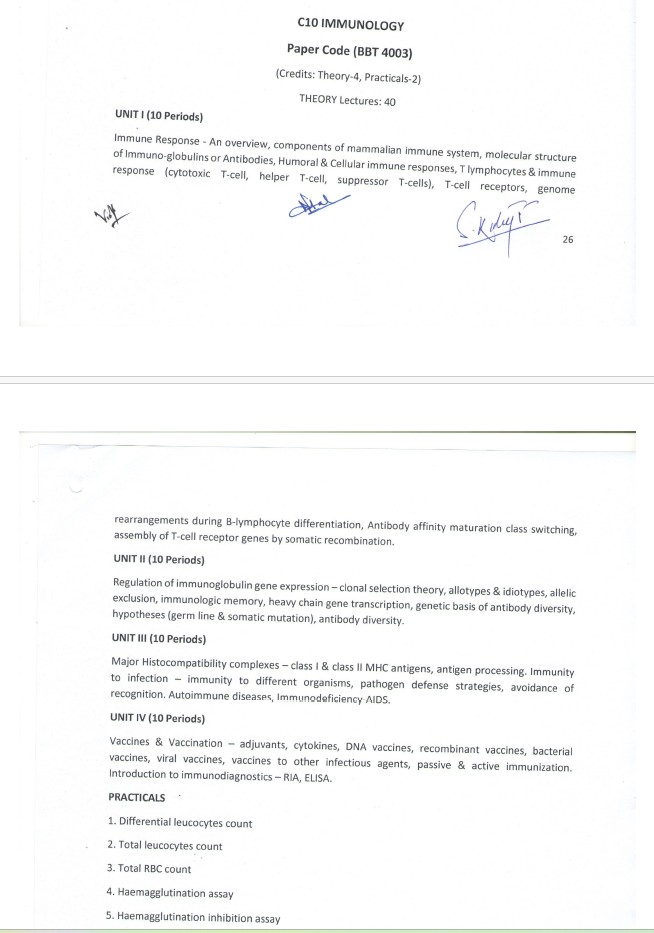
Immunology: The Science of the Immune System
Immunology is the branch of biomedical science that studies the immune system, which defends the body against infections, diseases, and foreign substances. The immune system is a complex network of cells, tissues, and molecules working together to detect and neutralize harmful pathogens like bacteria, viruses, and fungi.
There are two main types of immunity: innate immunity and adaptive immunity. Innate immunity is the body's first line of defense and includes physical barriers such as the skin, mucous membranes, and immune cells like macrophages and natural killer cells. This response is non-specific and acts quickly to prevent infections. Adaptive immunity, on the other hand, is specific and involves specialized cells such as T cells and B cells. These cells recognize specific pathogens and generate a targeted response, including the production of antibodies. Adaptive immunity also provides immunological memory, allowing the body to respond more rapidly to previously encountered pathogens.
Immunology plays a crucial role in medicine, particularly in vaccine development, allergy treatment, and autoimmune disease management. Research in immunology has led to groundbreaking therapies, including monoclonal antibodies and immunotherapies for cancer. As scientific advancements continue, immunology remains vital in improving human health and combating infectious and chronic diseases.
- Teacher: Vishal Chand